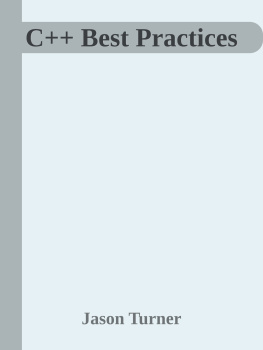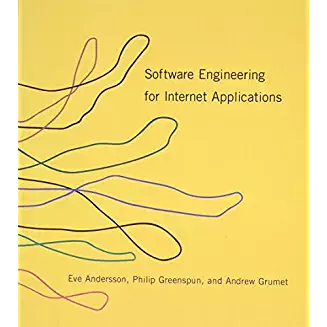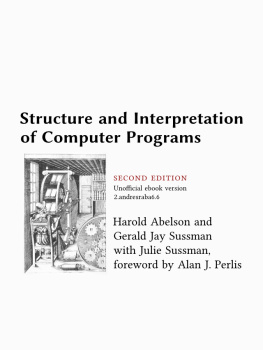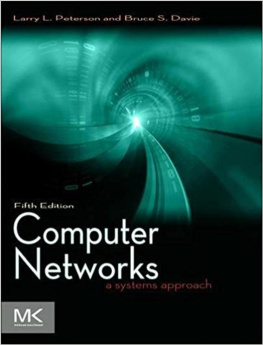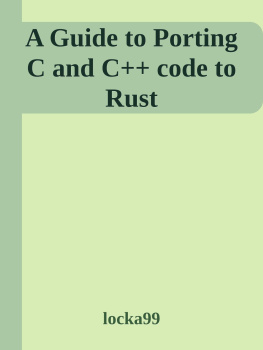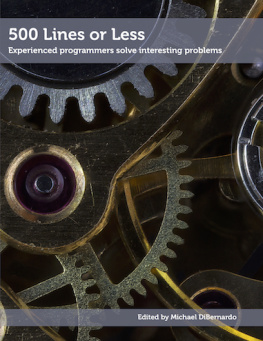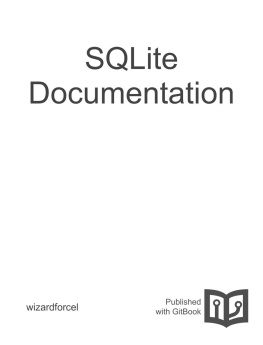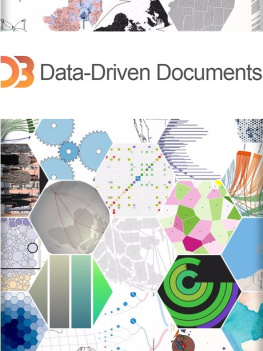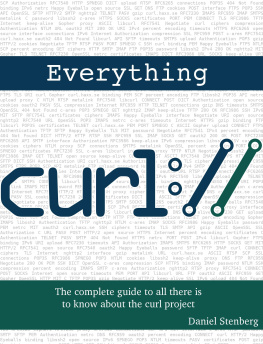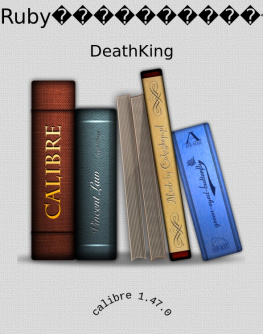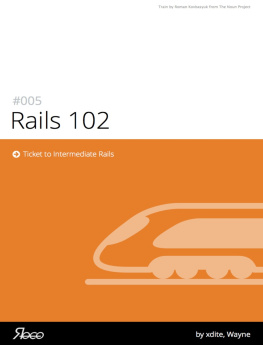Use The Tools Available
An automated framework for executing these tools should be established very early in the development process. It should not take more than 2-3 commands to checkout the source code, build, and execute the tests. Once the tests are done executing, you should have an almost complete picture of the state and quality of the code.
Source Control
Source control is an absolute necessity for any software development project. If you are not using one yet, start using one.
- GitHub - allows for unlimited public repositories, must pay for a private repository.
- Bitbucket - allows for unlimited private repositories with up to 5 collaborators, for free.
- SourceForge - open source hosting only.
- GitLab - allows for unlimited public and private repositories, unlimited CI Runners included, for free.
- Visual Studio Online (http://www.visualstudio.com/what-is-visual-studio-online-vs) - allows for unlimited public repositories, must pay for private repository. Repositories can be git or TFVC. Additionally: Issue tracking, project planning (multiple Agile templates, such as SCRUM), integrated hosted builds, integration of all this into Microsoft Visual Studio. Windows only.
Build Tool
Use an industry standard widely accepted build tool. This prevents you from reinventing the wheel whenever you discover / link to a new library / package your product / etc. Examples include:
- CMake
- Consider: https://github.com/sakra/cotire/ for build performance
- Consider: https://github.com/toeb/cmakepp for enhanced usability
- Utilize: https://cmake.org/cmake/help/v3.6/command/target_compile_features.html for C++ standard flags
- Conan - a crossplatform dependency manager for C++
- C++ Archive Network (CPPAN) - a crossplatform dependency manager for C++
- Waf
- FASTBuild
- Ninja - can greatly improve the incremental build time of your larger projects. Can be used as a target for CMake.
- Bazel - Note: MacOS and Linux only.
- gyp - Google's build tool for chromium.
- maiken - Crossplatform build tool with Maven-esque configuration style.
- Qt Build Suite - Crossplatform build tool From Qt.
- meson - Open source build system meant to be both extremely fast, and, even more importantly, as user friendly as possible.
- premake
Remember, it's not just a build tool, it's also a programming language. Try to maintain good clean build scripts and follow the recommended practices for the tool you are using.
Continuous Integration
Once you have picked your build tool, set up a continuous integration environment.
Continuous Integration (CI) tools automatically build the source code as changes are pushed to the repository. These can be hosted privately or with a CI host.
- Travis CI
- works well with C++
- designed for use with GitHub
- free for public repositories on GitHub
- AppVeyor
- supports Windows, MSVC and MinGW
- free for public repositories on GitHub
- Hudson CI / Jenkins CI
- Java Application Server is required
- supports Windows, OS X, and Linux
- extendable with a lot of plugins
- TeamCity
- has a free option for open source projects
- Decent CI
- simple ad-hoc continuous integration that posts results to GitHub
- supports Windows, OS X, and Linux
- used by ChaiScript
- Visual Studio Online (http://www.visualstudio.com/what-is-visual-studio-online-vs)
- Tightly integrated with the source repositories from Visual Studio Online
- Uses MSBuild (Visual Studio's build engine), which is available on Windows, OS X and Linux

